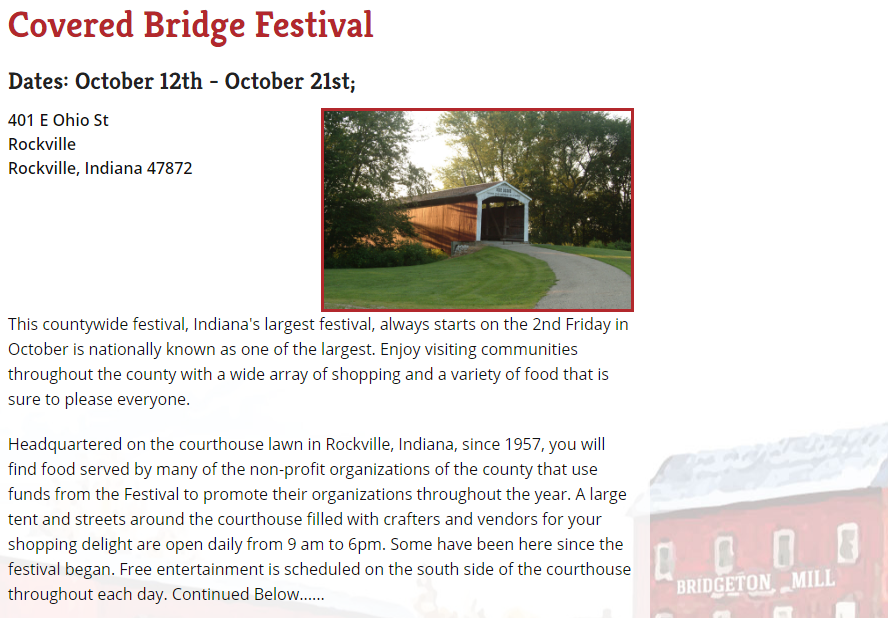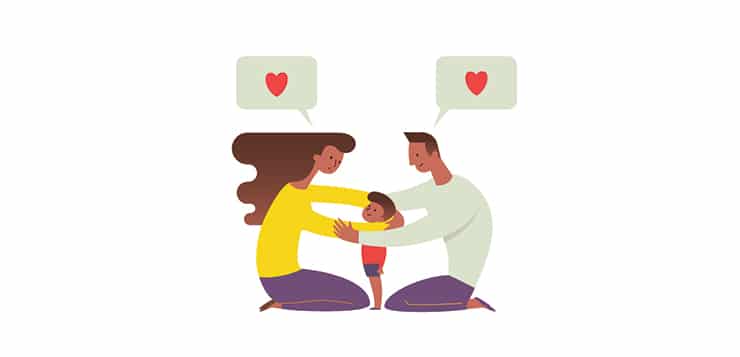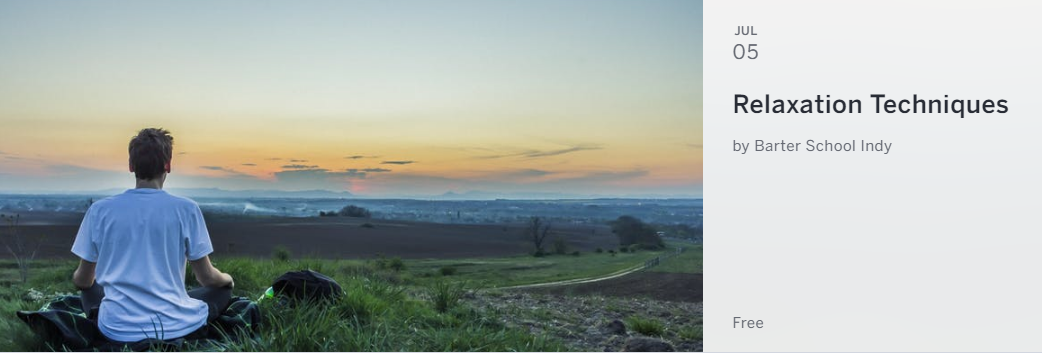Stress and depression can ruin your holidays and hurt your health. Being realistic, planning ahead and seeking support can help ward off stress and depression.
The holiday season often brings unwelcome guests — stress and depression. And it’s no wonder. The holidays present a dizzying array of demands — parties, shopping, baking, cleaning and entertaining, to name just a few.
But with some practical tips, you can minimize the stress that accompanies the holidays. You may even end up enjoying the holidays more than you thought you would.
Tips to prevent holiday stress and depression
When stress is at its peak, it’s hard to stop and regroup. Try to prevent stress and depression in the first place, especially if the holidays have taken an emotional toll on you in the past.
- Acknowledge your feelings. If someone close to you has recently died or you can’t be with loved ones, realize that it’s normal to feel sadness and grief. It’s OK to take time to cry or express your feelings. You can’t force yourself to be happy just because it’s the holiday season.
- Reach out. If you feel lonely or isolated, seek out community, religious or other social events. They can offer support and companionship. Volunteering your time to help others also is a good way to lift your spirits and broaden your friendships.
- Be realistic. The holidays don’t have to be perfect or just like last year. As families change and grow, traditions and rituals often change as well. Choose a few to hold on to, and be open to creating new ones. For example, if your adult children can’t come to your house, find new ways to celebrate together, such as sharing pictures, emails or videos.
- Set aside differences. Try to accept family members and friends as they are, even if they don’t live up to all of your expectations. Set aside grievances until a more appropriate time for discussion. And be understanding if others get upset or distressed when something goes awry. Chances are they’re feeling the effects of holiday stress and depression, too.
- Stick to a budget. Before you go gift and food shopping, decide how much money you can afford to spend. Then stick to your budget. Don’t try to buy happiness with an avalanche of gifts.Try these alternatives:
- Donate to a charity in someone’s name.
- Give homemade gifts.
- Start a family gift exchange.
- Plan ahead. Set aside specific days for shopping, baking, visiting friends and other activities. Plan your menus and then make your shopping list. That’ll help prevent last-minute scrambling to buy forgotten ingredients. And make sure to line up help for party prep and cleanup.
- Learn to say no. Saying yes when you should say no can leave you feeling resentful and overwhelmed. Friends and colleagues will understand if you can’t participate in every project or activity. If it’s not possible to say no when your boss asks you to work overtime, try to remove something else from your agenda to make up for the lost time.
- Don’t abandon healthy habits. Don’t let the holidays become a free-for-all. Overindulgence only adds to your stress and guilt.Try these suggestions:
- Have a healthy snack before holiday parties so that you don’t go overboard on sweets, cheese or drinks.
- Get plenty of sleep.
- Incorporate regular physical activity into each day.
- Take a breather. Make some time for yourself. Spending just 15 minutes alone, without distractions, may refresh you enough to handle everything you need to do. Find something that reduces stress by clearing your mind, slowing your breathing and restoring inner calm.Some options may include:
- Taking a walk at night and stargazing.
- Listening to soothing music.
- Getting a massage.
- Reading a book.
- Seek professional help if you need it. Despite your best efforts, you may find yourself feeling persistently sad or anxious, plagued by physical complaints, unable to sleep, irritable and hopeless, and unable to face routine chores. If these feelings last for a while, talk to your doctor or a mental health professional.
Take control of the holidays
Don’t let the holidays become something you dread. Instead, take steps to prevent the stress and depression that can descend during the holidays. Learn to recognize your holiday triggers, such as financial pressures or personal demands, so you can combat them before they lead to a meltdown. With a little planning and some positive thinking, you can find peace and joy during the holidays.








